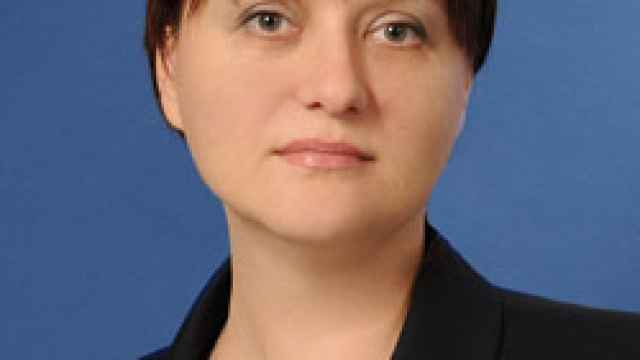
Dina Dyakova
Manager, Tax & Legal, People Services group
KPMG in Russia and the CIS
The main source of potential employees for many companies today is Generation Y. People from this generation have specific criteria when it comes to choosing an employer, and specific expectations from the company where they are going to work. Increasingly, employers are asking whether what they offer meets what is expected of them. The best way to find out is to ask people directly, and an excellent way to do this is to use an online survey. Employers need to know what questions they want answers to, and what they plan to do with the results. What are our potential employees today like? What kind of education do they have? What are their salary expectations? What kind of working hours would they prefer? Would they consider traveling abroad, or to remote corners of Russia? On what terms? What is most important for them? The survey may cover students and graduates from individual regions, or the whole country. The more respondents, the more indicative the results. Such research can also give firms an idea of how much potential employees know about them, and whether they are considering applying to them and working there in future.
Almost all employers — at least when it comes to major international companies — are in more or less the same boat today. We are chasing the same candidates: the most talented, the most promising. Our vacancies attract people with similar profiles, differing only in their specialist field: economists and financial experts, marketing experts, logistics specialists, etc. So what are today's young professionals like?
Their English is good, particularly in the case of students and graduates from Moscow and St. Petersburg: in surveys, more than half rate their English as upper-intermediate or better. Apart from English, just under half know a second foreign language, typically German, French or Spanish.
The majority plan to continue their studies after completing their bachelor's degree, in Russia or (in the case of almost one in five) abroad. At the same time, those who have completed 'specialist' or master's degrees are generally not planning to continue their education; those that are would prefer to do so in Russia.
Today's young professionals want to build their careers predominantly in their specialist fields, and many have already started doing so. The most popular areas include "Audit, Accounting and Finance," "Management and Administrative Professions," "Banks, Investment and Leasing," "Marketing, Advertising and PR," "Consulting," and "Civil Service."
Young people today are relatively mobile, and two-thirds would move to another city for work. Notably, however, Moscow students are not so positive and willing to move, a result of the wealth of career opportunities available in the capital. On the other hand, Moscow is only the third most sought-after relocation destination, behind St. Petersburg and moving abroad. The latter option is particularly popular with students from Moscow and St. Petersburg.
Young professionals are quite willing to accept jobs in small towns with poor infrastructure in remote regions of Russia, but only for adequate compensation (relocation, accommodation, etc.).
They do not have any particular preference in terms of whether the company is Russian or foreign, with the numbers choosing these two options being practically equal. That said, more Moscow students (almost half) are interested in foreign companies, while Russian companies are more popular with students from Kazan. It should be noted here that the Kazan students admit that their English is not that good (most rate it as pre-intermediate or worse).
Most young professionals aim to stay with the same company for no more than three years at the start of their career, and their ideal option would be an internship. In addition, those doing "specialist" or master's degrees place more importance than undergraduates do on the internship being paid.
The determining factors when it comes to choosing an employer are the opportunities for career development, the opportunities for professional development, and the opportunity to work on a variety of projects and how interesting they are. For starting positions, salaries are only the fourth-highest priority nationally, and the third-highest for students from Kazan and Nizhny Novgorod. Other priorities that students from these last two cities put in their top four include the company's stability (for Nizhny Novgorod students) and the atmosphere and team spirit (for Kazan students). They are least interested in how well-known the company is.
The starting salaries expected by young professionals are as follows: 30,000-34,000 rubles a month in Moscow, 25,000-30,000 rubles in St. Petersburg, 25,000 rubles in Yekaterinburg, and 20,000-23,000 rubles in Nizhny Novgorod and Kazan.
The most popular work schedule is a standard five-day, 40-hour week. A third would like some flexibility in when the working day starts and ends, while a quarter would prefer fully flexible hours.
The most convenient options for combining work and study include distance work/freelancing and, strange as it might seem, a standard work schedule (this option is mainly chosen by students doing "specialist" degrees in their final year). Flexible hours are most popular with undergraduates in their second or third year and students doing "specialist" degrees in their third or fourth year.
To sum up, we can say that having a detailed picture of the young professionals who are today's potential employees helps employers to organize their recruitment and employer? branding activities, improve their value proposition, and review their offer terms. Meeting the expectations of potential employees significantly improves an employer's chances of attracting the people they need.

